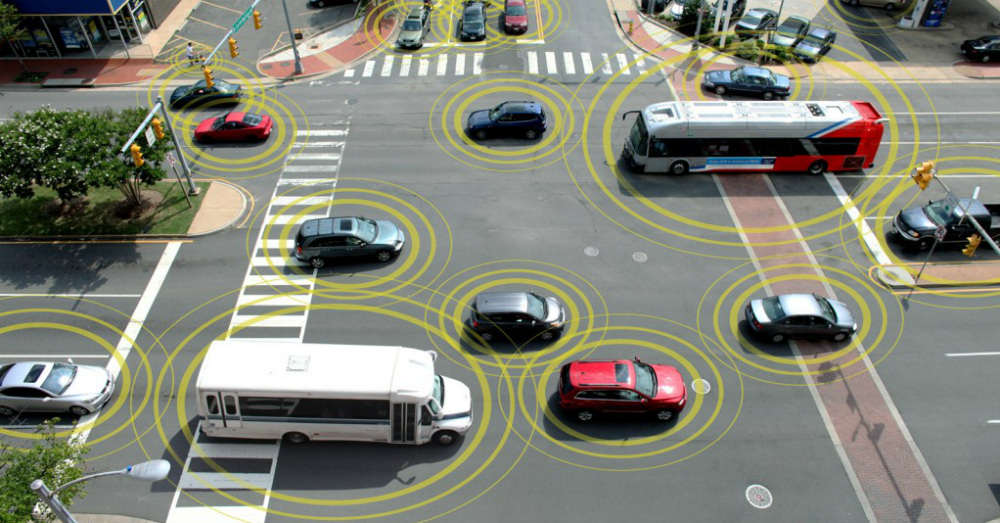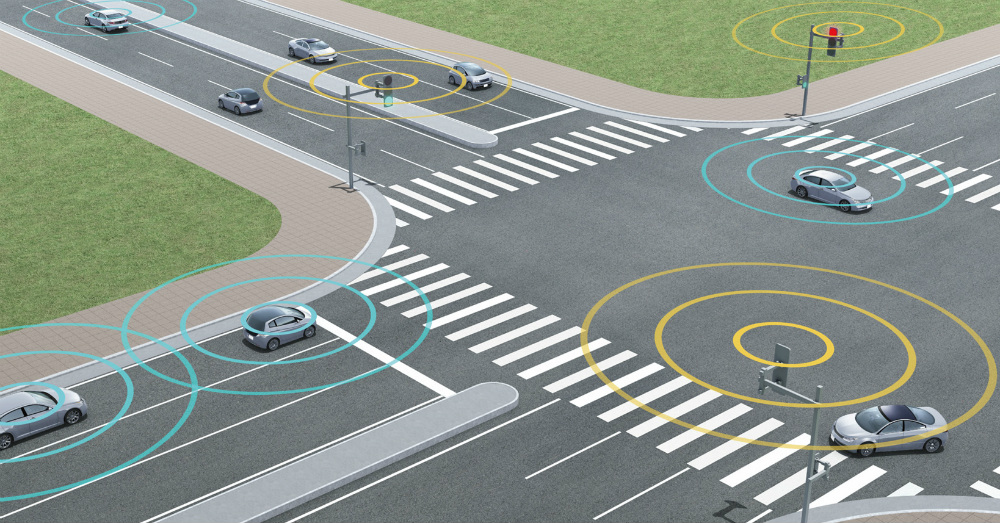WASHINGTON, July 30, 2015 /PRNewswire/ — Connected cars could revolutionize highway safety by saving thousands of lives per year. Keeping the 5.9GHz spectrum band free from interference is a critical component to delivering the benefits of this groundbreaking technology.
Photo – http://photos.prnewswire.com/prnh/20150730/249787-INFO
On Wednesday, the Senate Committee on Commerce, Science and Transportation held a hearing, “Wireless Broadband and the Future of Spectrum Policy,” to examine several options for satisfying the growing spectrum demand, including potential sharing of the 5.9GHz spectrum band.
As the debate over the demand for spectrum continues, here are five important things to know about connected car technology:
- Connected cars use a small portion of spectrum with an enormous return on investment. Automakers, academia, and the government have worked collaboratively to develop vehicle-to-vehicle (V2V) and vehicle-to-infrastructure (V2I) technology, or ‘connected cars,’ with spectrum dedicated for instantaneous and constant communication between vehicles. The auto industry’s plans for V2V and V2I involve using comparatively little spectrum in a very valuable and efficient way, creating a system that can coordinate the movement of tens of millions of automobiles.
- The auto industry supports the efficient use of spectrum and testing to determine whether the 5.9GHz band can be safely shared with other unlicensed users. The 5.9GHz spectrum band was allocated by the Federal Communications Commission (FCC) in 1999 for the purpose of bolstering public safety. This spectrum is not reserved for the federal government, but rather for the deployment of intelligent transportation system technologies with the potential for tremendous benefits for consumers.
- Successful deployment of connected cars will save lives, time, and the environment. The National Highway Traffic Safety Administration (NHTSA) has estimated that V2V and V2I technologies have the potential to reduce up to 80 percent of unimpaired motor vehicle crashes. In addition to this enormous life-saving benefit, connected cars will also help reduce traffic congestion, saving commuters time and money while also reducing emissions from idling vehicles.
- A rush to judgment on sharing spectrum will jeopardize safety benefits of connected cars. The auto industry is committed to exploring ways to share the limited amount of spectrum to help alleviate the so-called ‘spectrum crunch.’ Opening the spectrum to unlicensed use should not take place until testing can demonstrate there will be no interference to V2V and V2I systems.
- Deployment of connected cars is happening now. While fully autonomous vehicles are still years away, cars with V2V technology are being deployed in test sites around the country. Over 3,000 connected cars are already on public roads in Ann Arbor, Michigan, with plans to increase this number threefold within the year. Additionally, Mcity, the world’s first controlled environment specifically designed to test the potential of connected vehicle technologies, opened earlier this month on a 32 acre site at the University of Michigan.
For more information go to: www.globalautomakers.org
The Association of Global Automakers represents international motor vehicle manufacturers, original equipment suppliers, and other automotive-related trade associations. Our members include American Honda Motor Co., Aston Martin Lagonda of North America, Inc., Ferrari North America, Inc., Hyundai Motor America, Isuzu Motors America, Inc., Kia Motors America, Inc., Maserati North America, Inc., McLaren Automotive Ltd., Nissan North America, Inc., Subaru of America, Inc., Suzuki Motor of America, Inc., and Toyota Motor North America, Inc.
Contact: Emily Lambe
202.650.5546 | elambe@globalautomakers.org
SOURCE The Association of Global Automakers
RELATED LINKS
http://www.globalautomakers.org

